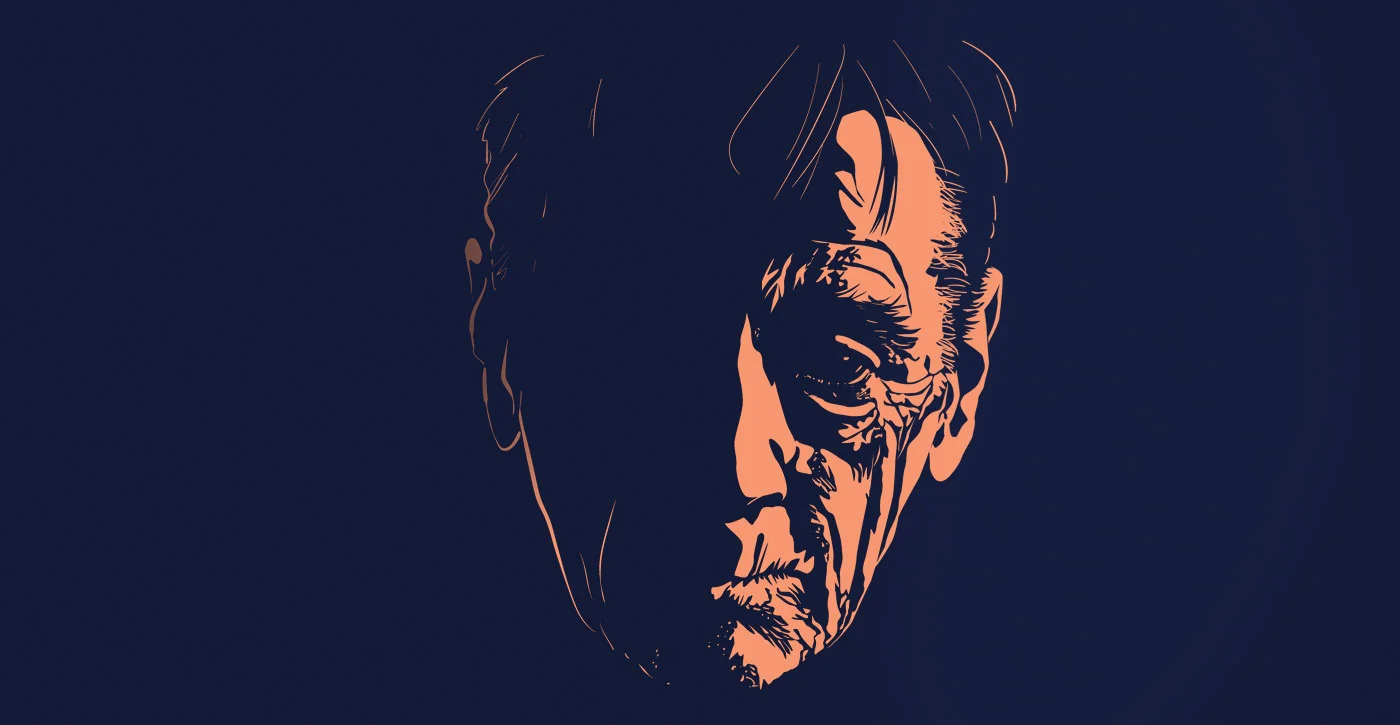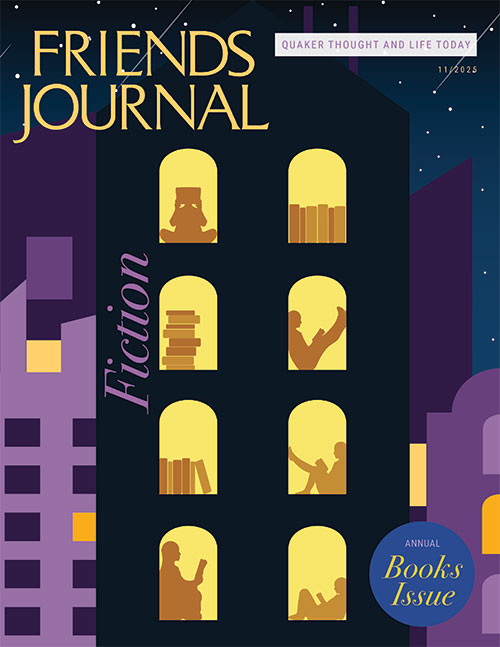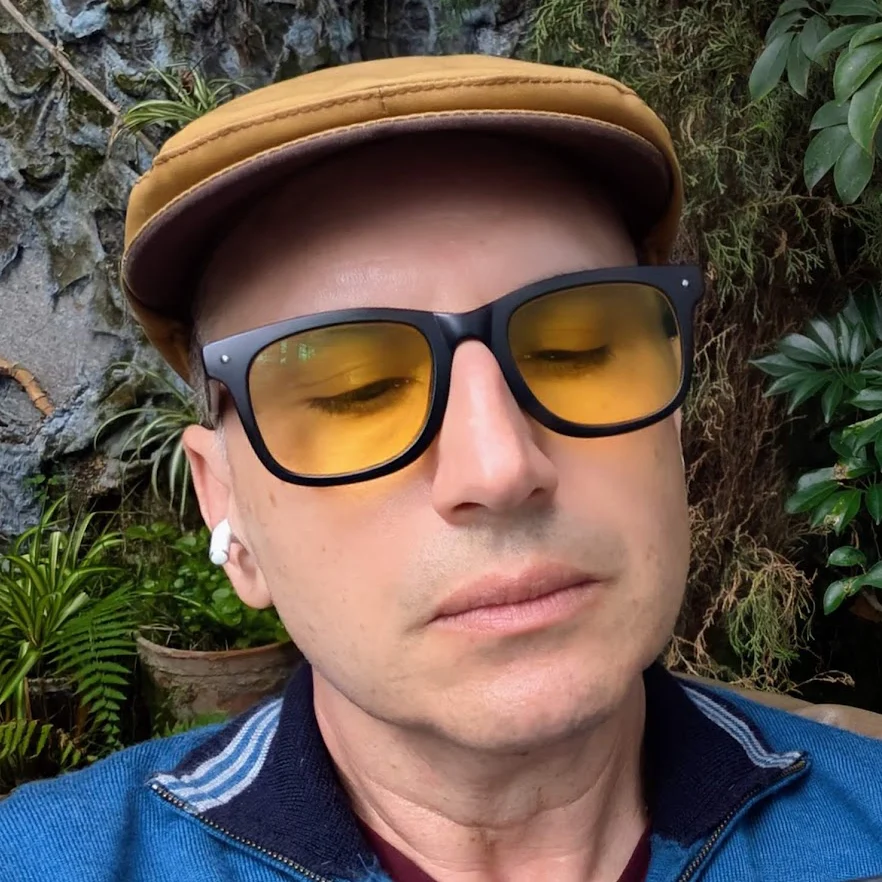Here we go again. Jordan groaned as Longfellow stood to his feet during the Quaker meeting for worship. What’s it going to be this time? Jordan wondered. A flood, a fire, a plague of locusts? Didn’t anything good happen in the past?
For six weeks straight, the old man, Longfellow Niederlander—such a stupid name for a short person, Jordan thought—shared a prepared message about a particular disaster humans faced and how Quakers responded.
Jordan fumed. We’re not even supposed to share made-up messages. Whatever happened to inspiration from the heart or the Spirit or whatever?
At the age of 17, Jordan Masters often criticized and judged people in his life, and always felt bad about it afterwards.
“Don’t be overheard complaining, not even to yourself.” That was Seneca or Marcus Aurelius. He never got them straight.
In two months, Jordan would begin college. By the end of his senior year, teachers expressed their frustrations and fears about his slothfulness and excuses, and their inability to break through his despondency and apathy. What they couldn’t see was that under the heavy layers Jordan wrapped around himself, he was actively engaging with the feelings that piled up and cluttered his inner life. With space opening to think about a future, he decided to improve his mind and body over the summer break.
How old is Longfellow? Jordan wondered. He looks like he’s 80.
Longfellow Niederlander had just turned 94. A retired history teacher, the old man felt a sudden, urgent spiritual leading to share history lessons during worship.
That day, Longfellow began, “One hundred years ago, a handful of ultra-rich men ran the country and ruled the world. Partisan politics divided the nation, and news outlets stoked racism and fear: issues we still face today.”
Longfellow paused. Jordan groaned, Oh my God! He makes it sound like we’re still in the Stone Age.
Longfellow continued, “Things are much better now. We learned, changed, and grew as a species. But back then. . . .”
Here it comes, Jordan thought, disaster and woe.
“. . . out of the blue, the world faced a crisis: a global pandemic. Fear spread with the virus along with misinformation, opposition to government mandates, suffering, and death.”
Jordan shifted uncomfortably in his seat and breathed in deeply. Shut up already!
Longfellow paused and remained standing. Jordan, through closed eyelids, glared at the old man.
When Jordan was 12, his mother, after six months of illness, died, leaving him alone with his father, who—no matter how hard he tried—couldn’t get close to his son or get him to open up.
During the last week of her life, his mom invited Jordan onto the bed to lie beside her, like when he was a little boy. She stroked his hair and said, “I can’t make you, but I would be so happy if you kept going to Quaker meeting at least until you are 18 and old enough to decide for yourself.” Her request took Jordan by surprise. His mom nearly always attended the weekly meetings, but she never spoke about her faith or forced him to go with her when he didn’t want to. This may have been why Jordan took his mother’s wish so seriously, and even though he was chronically bored and frequently annoyed, he rarely missed a Sunday meeting.
Longfellow remained standing, pausing longer than was normal. He’s done already? Jordan thought, looking up, relieved. But something was off. Longfellow stood frozen, his mouth half open like he was going to spit out the side. Jordan panned the room. All the other Quaker worshipers sat still, heads down and eyes closed, waiting. Jordan looked back at Longfellow, who was still as a tree stump, and then he noticed a slight tremor in the old man’s wrinkled hands. Oh, God! He’s having a stroke, Jordan thought, and everyone’s off in LaLa Land!
Jordan jumped to his feet to help the old man. The sudden movement woke Longfellow from his trance or whatever it was. He shifted on his right foot, looked up, and their eyes met.
For an instant, Jordan recognized something in the old man’s eyes: pain, the kind of dull aching pain he saw in his mother’s eyes during the last month of her life, pain she couldn’t hide, the pain he saw in his own eyes when he allowed himself to look closely in his mirror where he had posted the Marcus Aurelius quote: “Let your aim in all you do be to see what is actually there.” When confronted with that pain in the mirror, Jordan felt haunted; he imagined he was looking into his mother’s eyes, and he was comforted. If he focused just on the eyes, he saw her looking back at him.
Still looking at Jordan, Longfellow’s mouth relaxed into a conspiratorial smile, like he was caught stealing from a cookie jar. Jordan relaxed his body, pressed his lips together into a thin smile and sat back down.
Longfellow took a deep breath and plowed on with his message.
Jordan stopped listening and focused instead on the old man’s voice, raspy and breathy, like the sound of paper tearing. He looked at his skin, wrinkled and dry around the elbows and neck, like saggy bark on an old tree. Jordan remembered a walk he took with his mom at Scutter Mills State Park. He was no more than six, swinging a stick and kicking up leaves.
“Shh,” his mother put her hand on his shoulder to still him and pointed to a spot six feet in front of them. “Look,” she whispered. He saw a bright flash of a shiny, emerald-green snake emerging from an ashy, flaky sleeve. “See the old skin? It’s shedding it.”
“Does it hurt?” he asked. His mother stood silent so long Jordan almost asked again. But then she said, “Maybe. The old skin might cling to the new in places. That’s why the snake is wiggling so hard. It takes effort, and I bet the new skin is tender.”
Longfellow sat down, and the worshipers ruffled themselves into new positions, raising their heads looking up, crossing, uncrossing, or recrossing their legs. Jordan missed the end of the old man’s message about how the Quakers, once again, saved the day. Or maybe this time, despite their best efforts, they didn’t. They floundered for months or even decades, struggling to discern a path forward, find the Light, and sink down to the Seed. And like innumerable times before, they emerged, saw themselves and each other clearly, and started anew.






Wow! Profound. Truth captured with a layering effect: Mom, the old man, the snake, the meeting, Quakers. Brilliant!
Thank you, Susan! I am glad you appreciate the layer. 🙂
Wonderful characters, and that ending packs quite a punch. Love it.